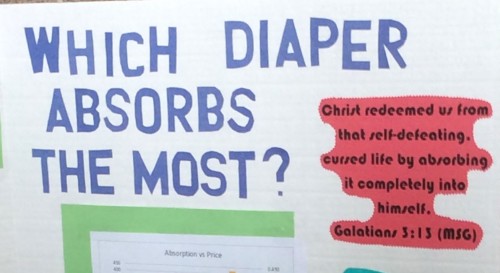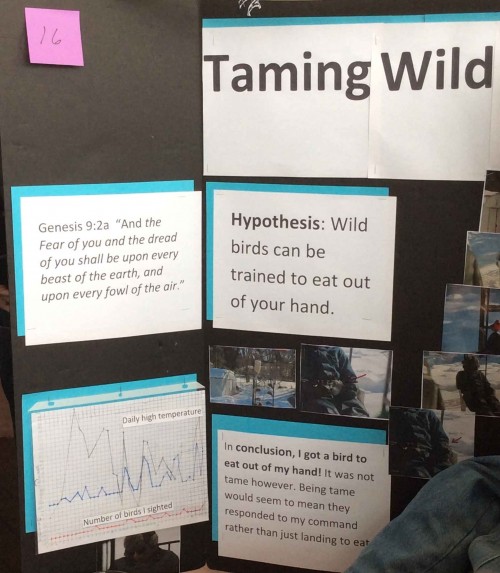It’s off to a good start, and I quite enjoyed the first episode. It was maybe a bit heavy on the simplifications and the eye-popping graphics, but I’m seeing it as a tool to inspire a younger generation to get excited about science again, so I think that actually is a good thing.
It’s also impressive that a strongly pro-science program (and one that took a few shots at Catholic dogmatism) was on broadcast television, and even on Fox. I was getting exasperated with the too-frequent commercial breaks, but I think that’s the price we pay for getting wider dissemination to the public, rather than to just us privileged few who can afford cable and/or buying the DVDs.





